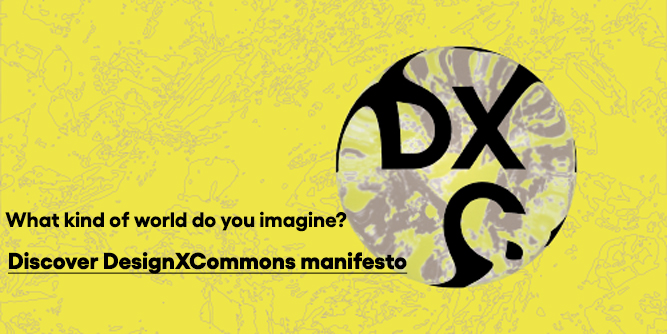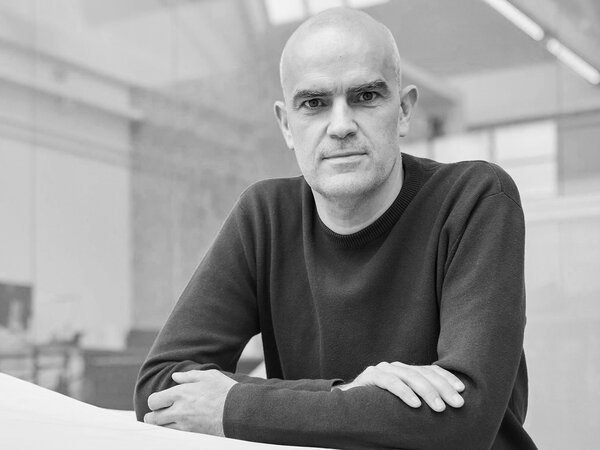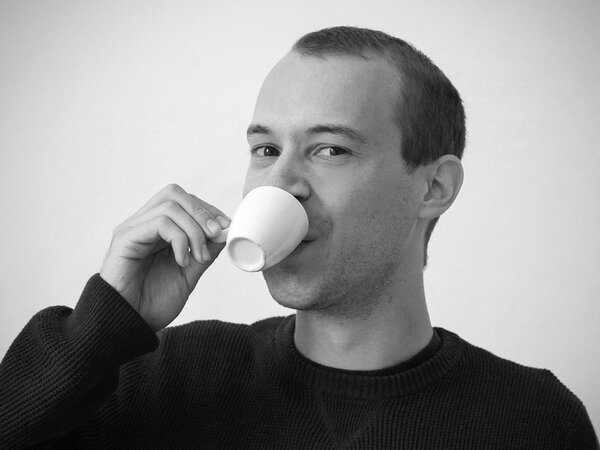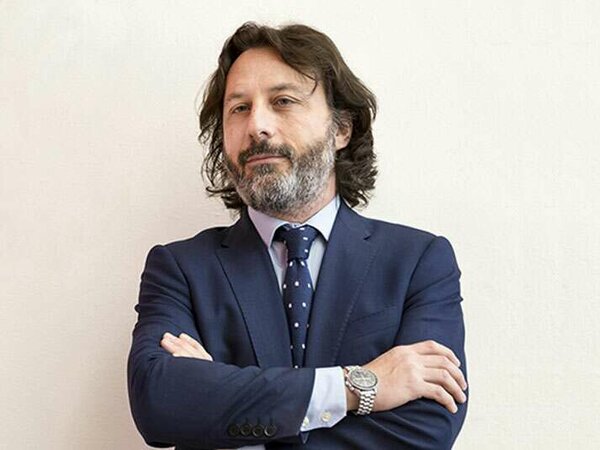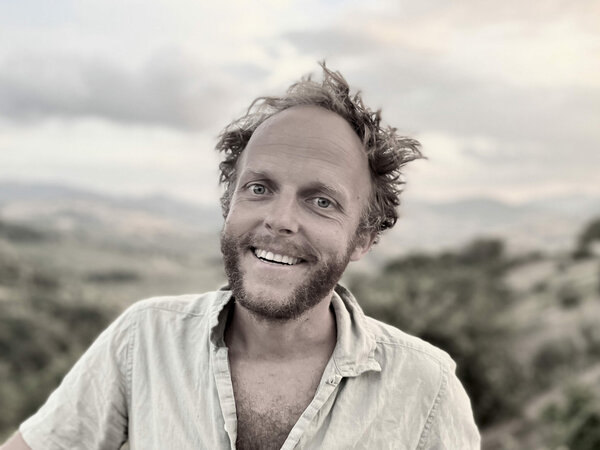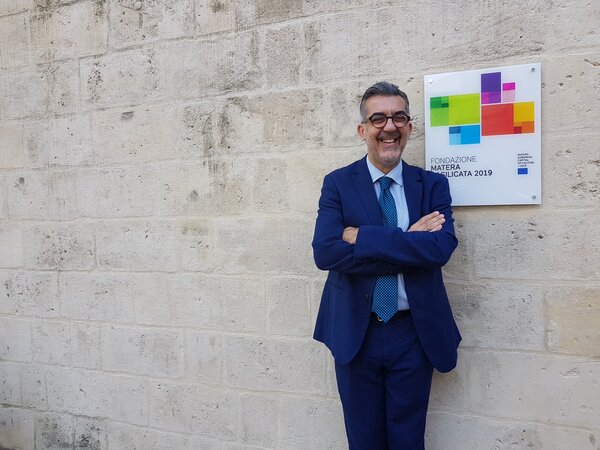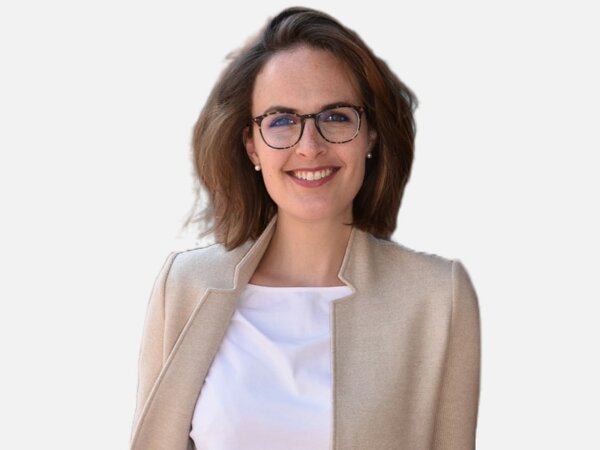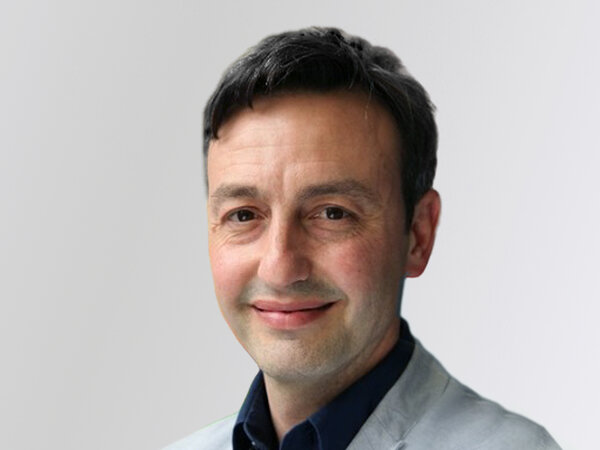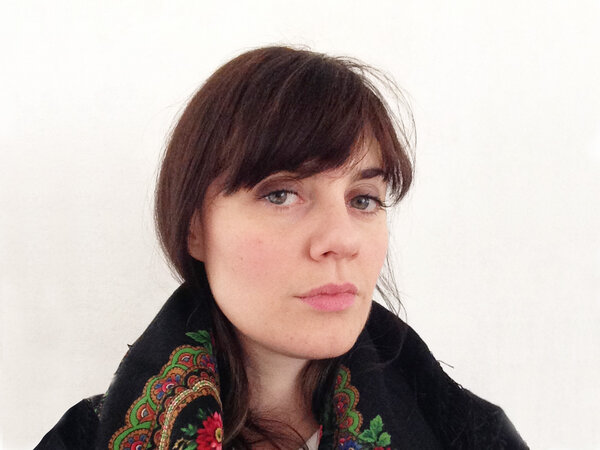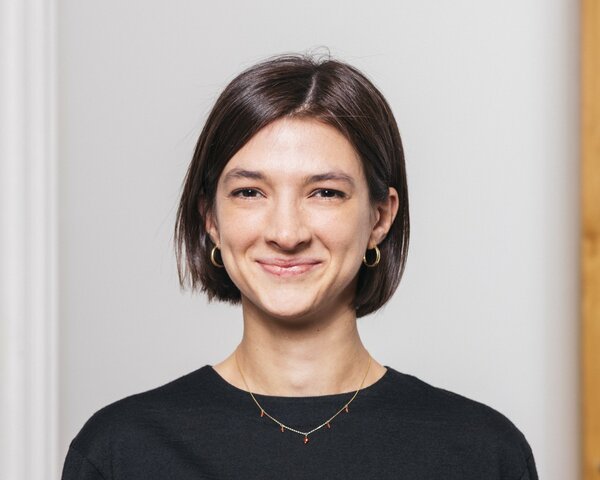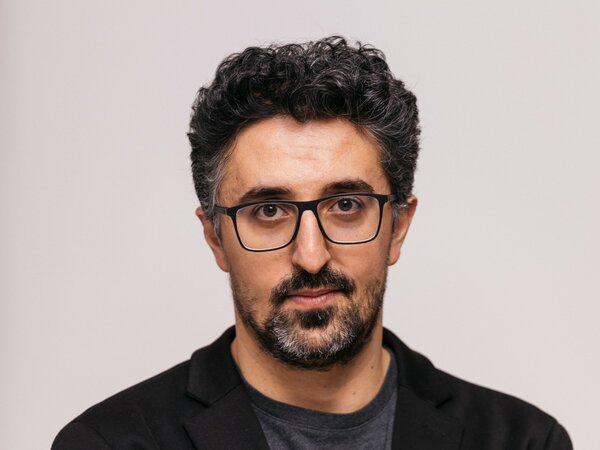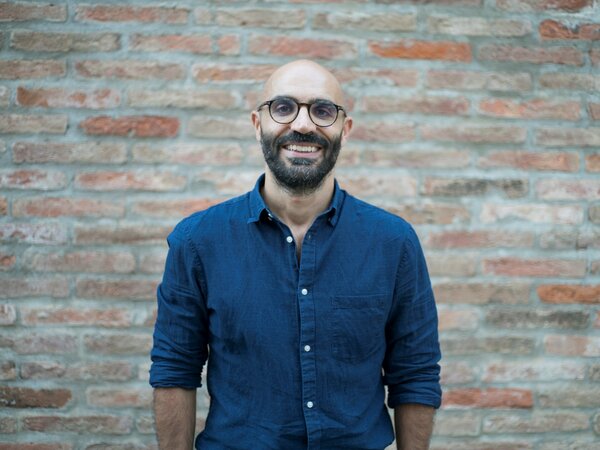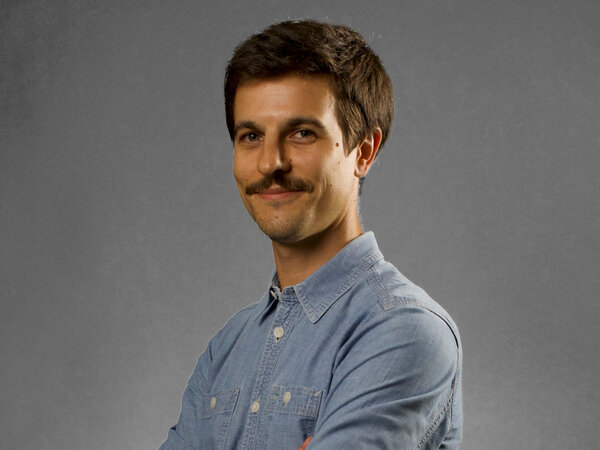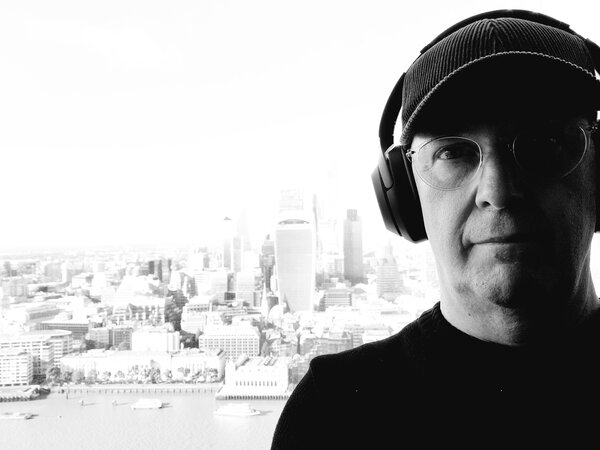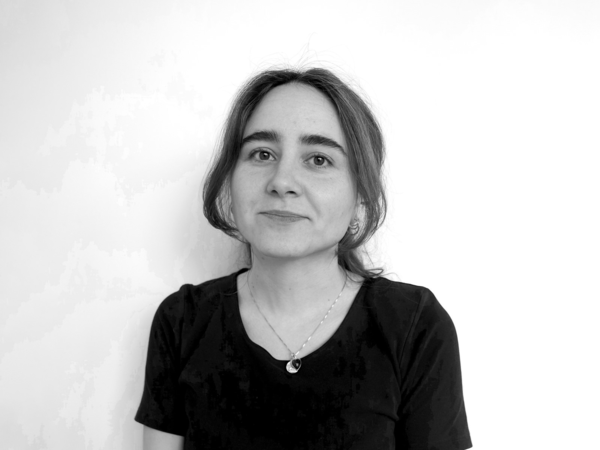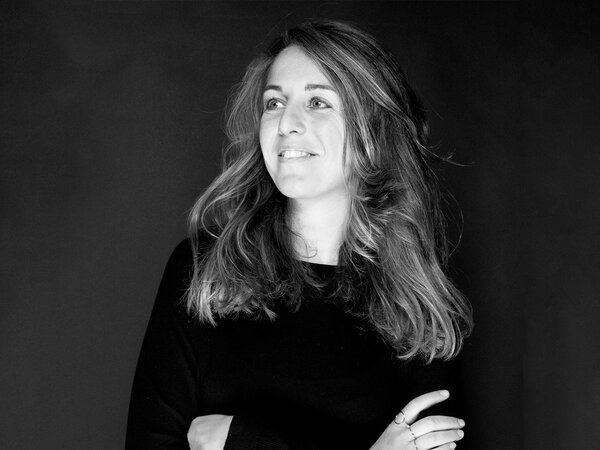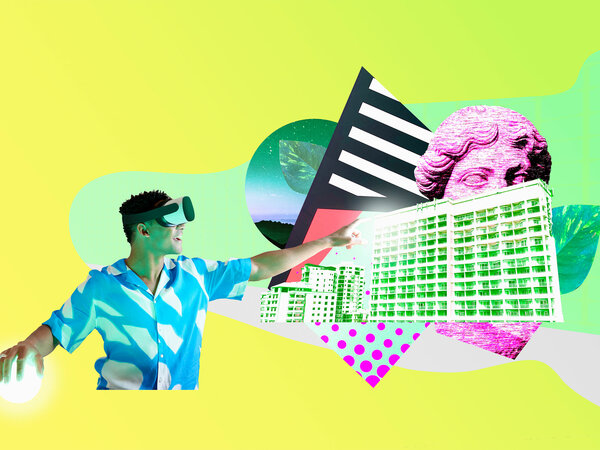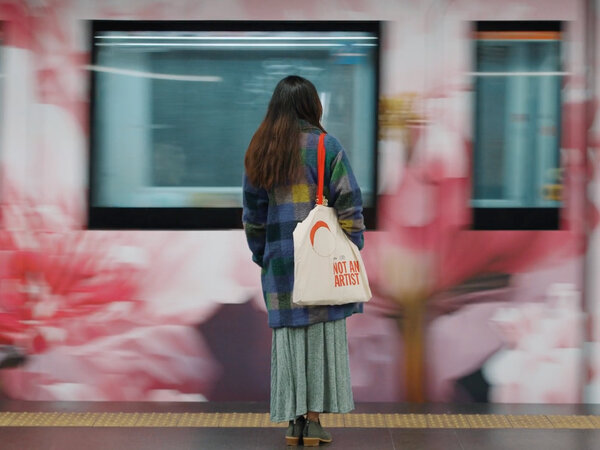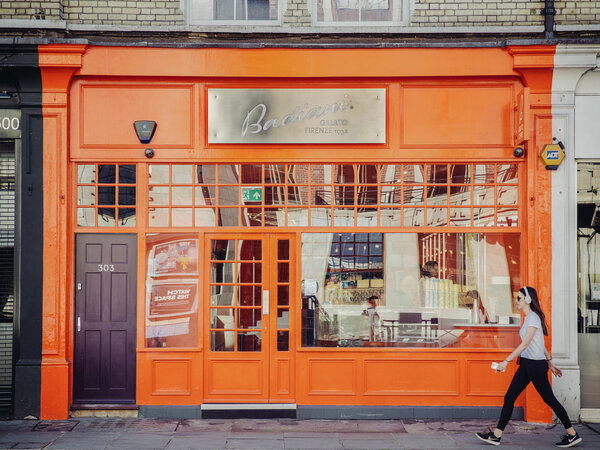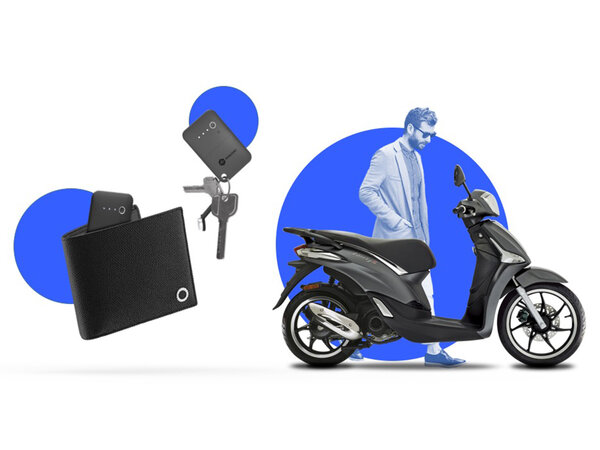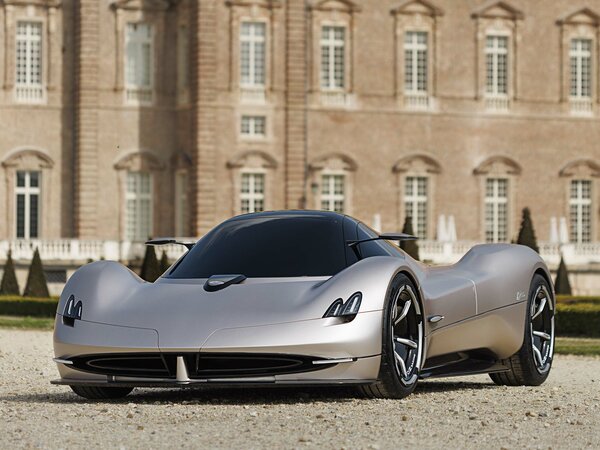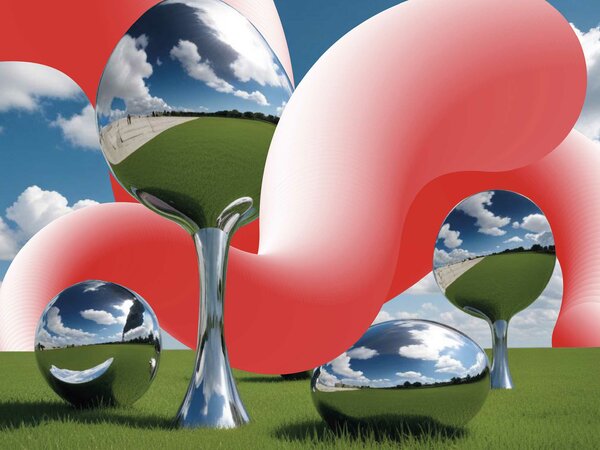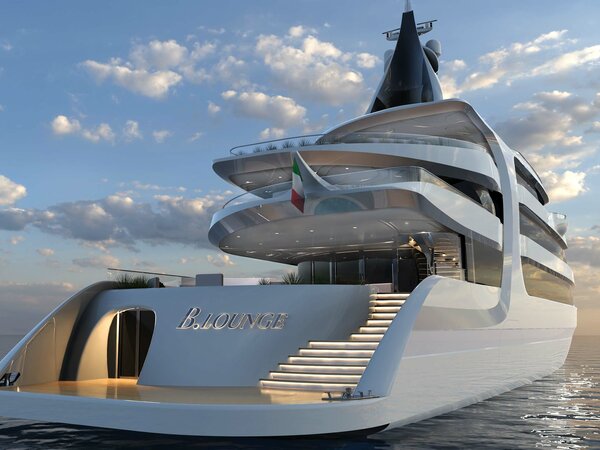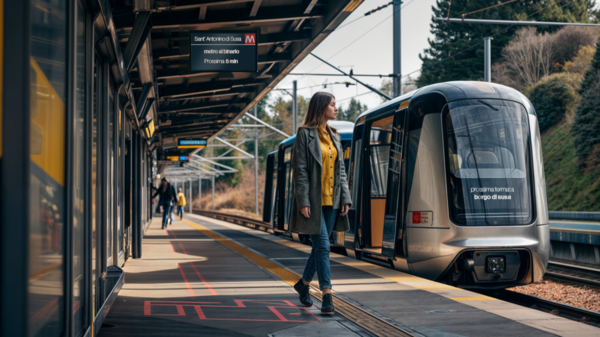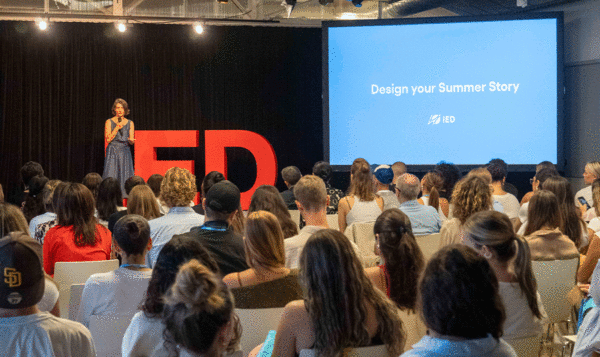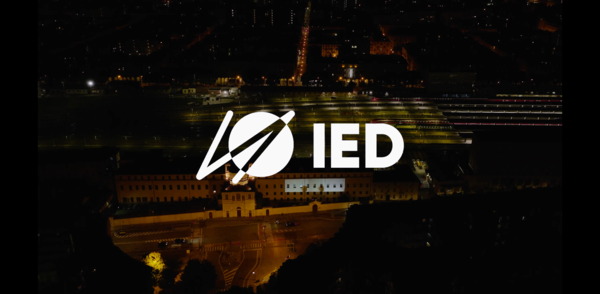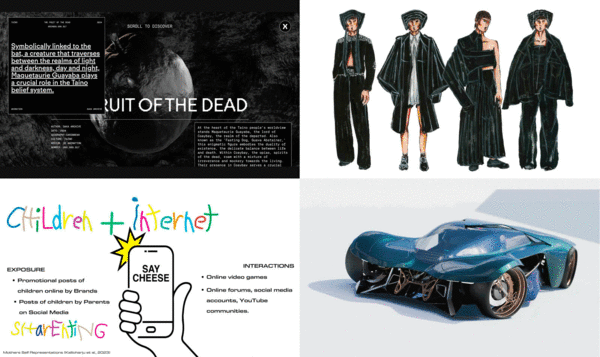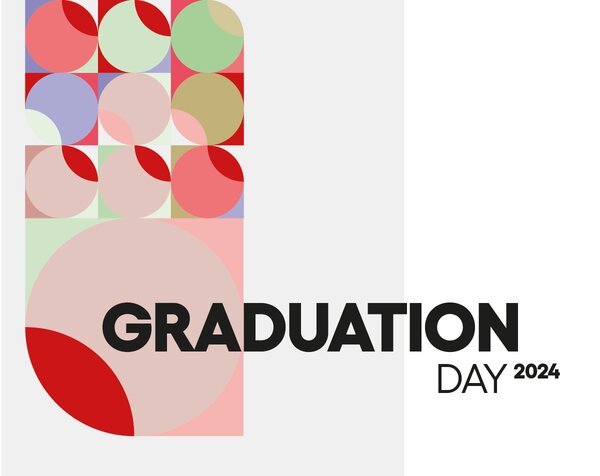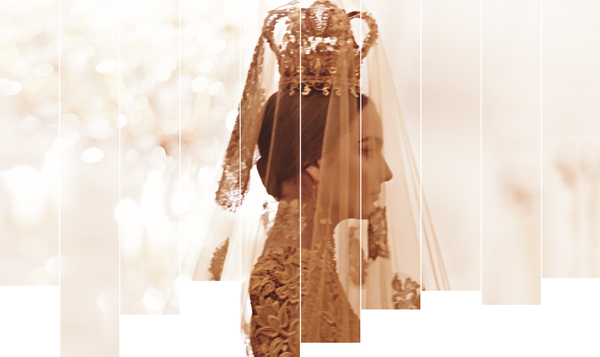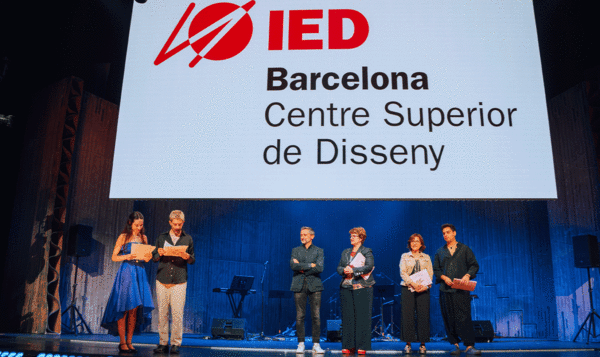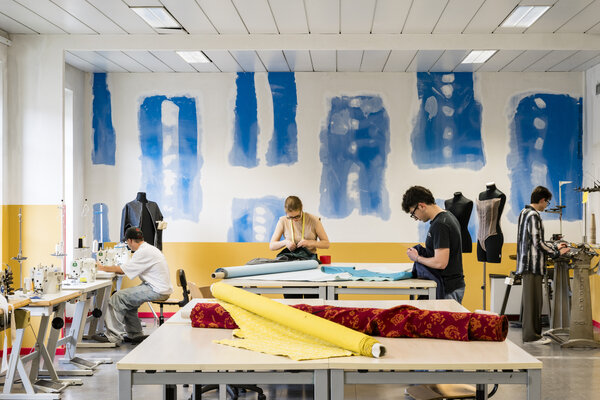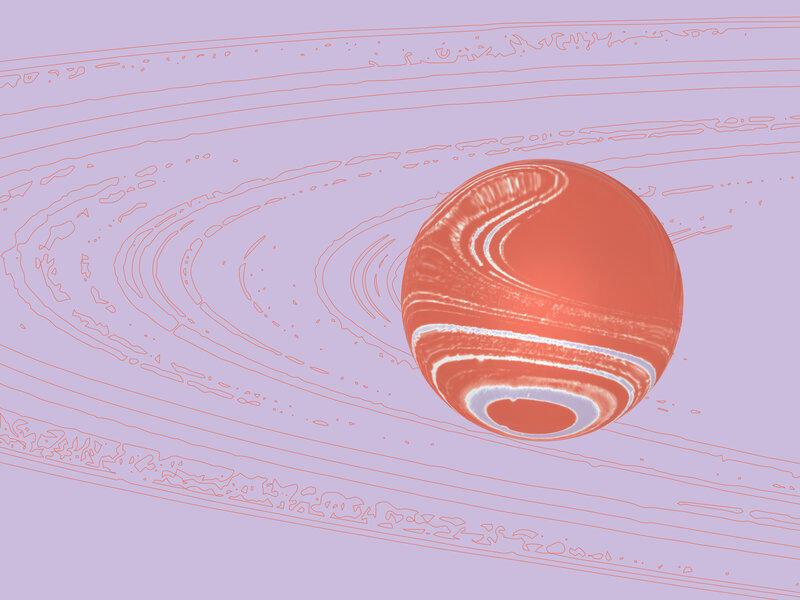
Transdisciplinary Design
Mobility
ENG
Language
English
Start date
October 2024
Frequency
Full time
Fruition
On campus
Duration
2 Years
Credits
120
What kind of forms will mobility take up, as it evolves for long-term environmental and social sustainability?
The UN Sustainable Development Goals (SDGs) agenda of global priorities reminds us every day of how urgent it is to seek out eco-friendly solutions for people's lives, as we move into a future of ever-changing cities and new mobility patterns.
The Master of Arts in Transdisciplinary Design. Mobility explores mobility as a cross-disciplinary plot of tangible and intangible relationships with society and the environment. This approach fits into the vision of DesignXCommons, where design is regarded to integrate the commons and regenerate the planet.
Issued Degree:
Diploma Accademico di Secondo Livello (DASL), corresponding to a Master of Arts Degree (MA) – EQF7 Level (European Qualification Framework).
Credits:
The course awards 120 CFA (Academic Formative Credits), corresponding to 120 ECTS (European Credit Transfer and Accumulation System).
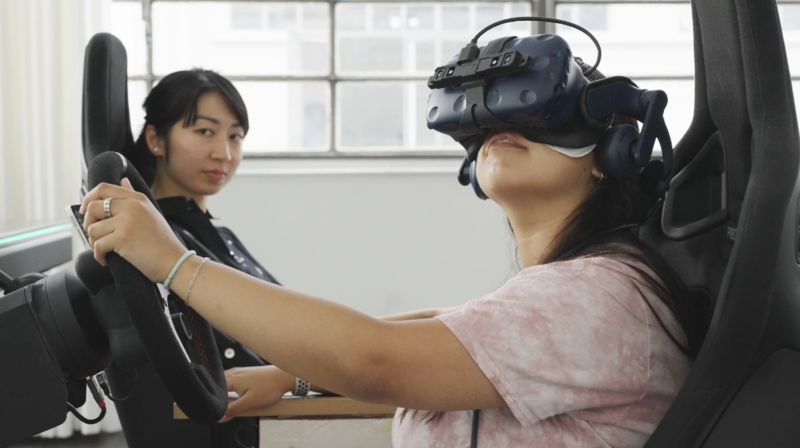
Information to decide
Building on a whole-system analysis of problems involved in contemporary city ecosystems, this course covers mobility with a focus on strategic and responsible actions as a way to address social, cultural, technological and economic issues. Using a transdisciplinary approach, this programme provides insights and cross-cutting skills in the areas of humanities and social sciences, technology and digital engineering, all the way through to business management and entrepreneurship development training. An in-depth study of such disciplines as sociology, psychology, interaction design, service design, autonomous systems design via big data visualisation, product and environmental design, up to change management and organisational strategy, will provide insights into complex projects that can bring about a positive change for both society and the environment. Interaction between different areas of knowledge sets up a collaborative framework where innovative research and design methods can be successfully used as a way to develop tangible/intangible products, as well as strategies, services and multimedia communication projects. Based on this, solutions will be made available to address our most pressing needs, and even looking ahead to future ones. As a leading location for automotive manufacturing throughout history, the city of Turin now becomes a platform where new forms of design can connect and be explored as part of a journey across the future of mobility.
Career roles that can be pursued with the degree programme in Transdisciplinary Design. Mobility will be able to drive sustainable and responsible change in mobility patterns taking up a career in such areas as Design for Smart Media and Technologies, Design for Social Impact, Design for Cultural Complexity, Design for New Business Models and Design for Sustainable Development. Continuing in Ph.D. trajectories at Italian and foreign universities will also be an option.
The main software you will need during your course is provided by IED!
On this page you will find all the features you need for your computer.
Syllabus
First Year
- Design methods
- Culture of Design Innovation
- Ecodesign
- Design System
- Interactive System
- Society and cultural processes
- Cross cultural marketing
Second Year
- Theory and methods of mass media
- Design
- Design methods for visual communication
- Design management
- Integrated new media
- Anthropology of complex societies
- New materials and technologies
- Digital applications and technologies
- Design
